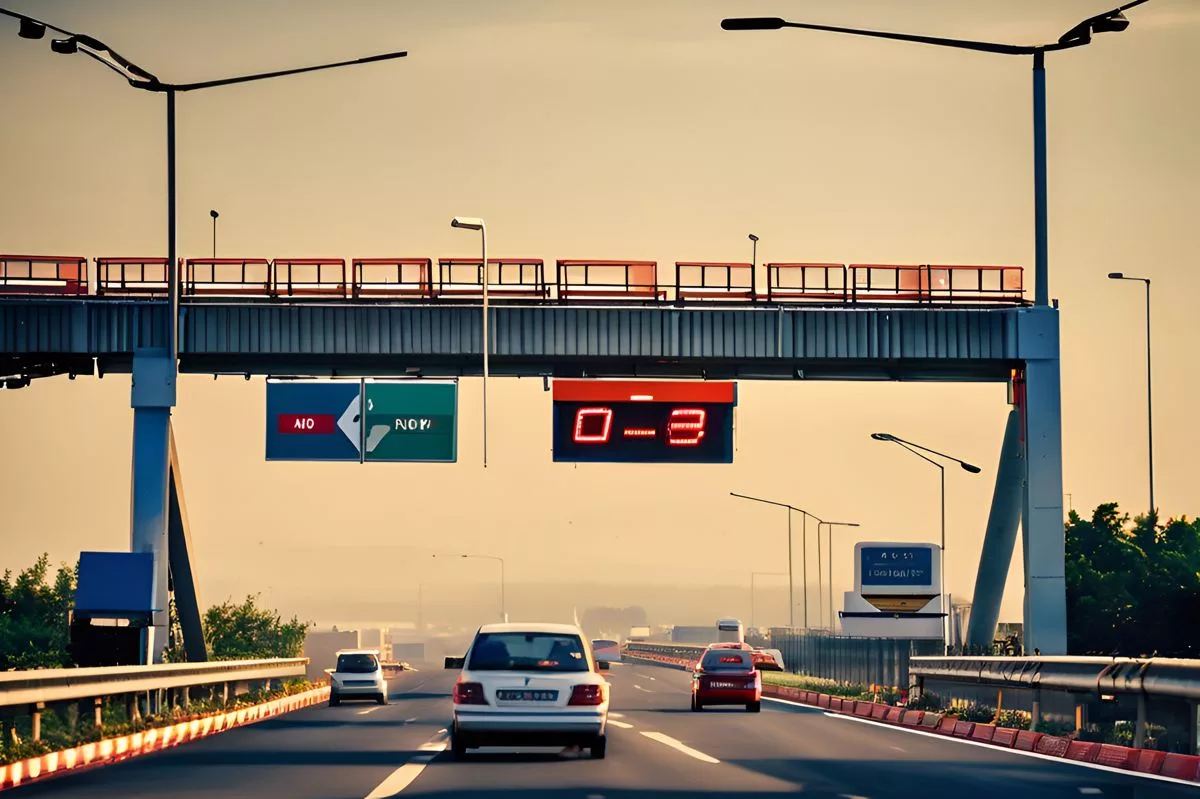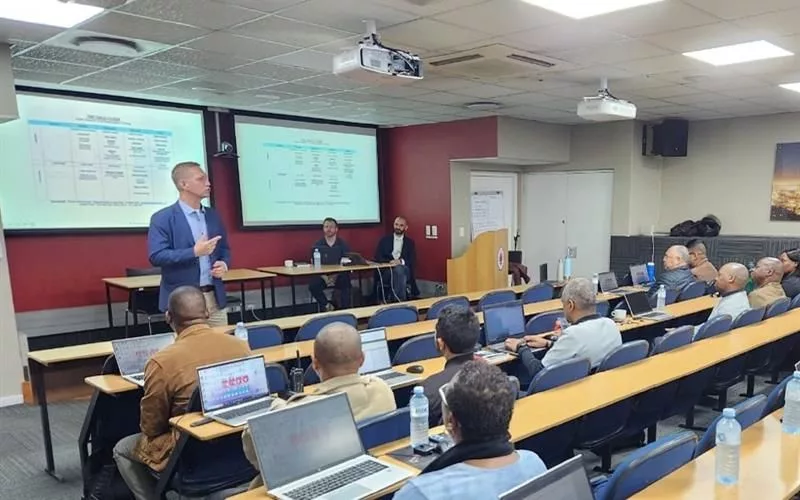The discontinuation of e-tolls in Gauteng marks a new chapter in South Africa’s history, with the government’s decision demonstrating its commitment to catering to the needs of its citizens. E-toll gantries will remain functional for road safety purposes, but road users need not worry about any immediate alterations. The termination of e-tolls heralds a new era of opportunities for SANRAL to pursue private funding for upcoming capital expenditure projects, augmenting the country’s road infrastructure.
The End of E-tolls in Gauteng: What Does It Mean for Motorists?
The discontinuation of e-tolls in Gauteng marks a new chapter in South Africa’s history. The government’s decision to terminate the toll system demonstrates its resolve to cater to the needs of its citizens. While discussions on the historical debt of motorists continue, the termination of e-tolls heralds a new phase for SANRAL. Road users need not worry about any immediate alterations, as e-toll gantries will remain functional, but only for road safety purposes. Clear instructions regarding the course of action have been provided, easing any potential concerns among the public.
In the chilly embrace of an autumn evening, influential persons gathered to mark a momentous event in the annals of South Africa. This critical occasion marked the ceremonial discontinuation of the e-tolls in Gauteng, thus closing a contentious chapter closely linked with public sentiment.
A Night to Remember
Among those present were Gauteng Premier, Mr Panyaza Lesufi; Gauteng MEC for Transport and Logistics, MEC Kedibone Diale-Tlabela; Gauteng Treasury MEC, Jacob Mamabolo; and the hardworking SANRAL officials. The event was honored by the august presence of the Honourable Sindisiwe Chikunga (MP), Minister of Transport, who presided over this significant event.
E-tolls, originally established to support the essential infrastructure development of Gauteng’s roads – the backbone of one of the largest economies in Africa, had long been a point of public contention. In response to the outcry of Gauteng motorists, the government decided to terminate the e-tolls, demonstrating its resolve to cater to the needs of its citizens.
The Decision and its Aftermath
This resolution resulted from rigorous discussions by a Cabinet committee that President Cyril Ramaphosa formed in 2019. The committee was charged with investigating viable alternatives for the GFIP debt repayment and the accrued maintenance and rehabilitation costs, culminating in a Memorandum of Agreement. This document specifies the financial contributions from the Gauteng Province and the national government, ensuring the preservation of the road network.
According to the Minister, “The user-pay principle remains a government policy.” This statement indicates the government’s plan to continue seeking sustainable financing solutions for road construction, maintenance, and upgrades in partnership with stakeholders. The objective is clear – to strengthen economic growth across the country.
While discussions on the historical debt of motorists continue, the termination of e-tolls heralds a new phase for SANRAL. The e-tolls cessation empowers the agency to pursue private funding for its upcoming capital expenditure projects. This heralds a new era of opportunities, as the agency can now continue to augment the country’s road infrastructure.
Implications and Future Directions
The discontinuation of e-tolls does not indicate an end to the advantages of improved roads. Road users need not worry about any immediate alterations. The e-toll gantries will remain functional, but only for road safety purposes. The existing e-toll accounts can still be utilized for various services, such as payments at toll plazas and parking. Clear instructions regarding the course of action following the termination of e-tolling have been provided, easing any potential concerns among the public.
This momentous occasion marks a new dawn in the history of South Africa. It symbolizes a significant victory and serves as a testament to the power of democracy, where the people’s voices have been acknowledged and acted upon. In the Minister’s words, “Let us move forward as a nation, building upon the significant progress we have made in our first 30 years of democracy, united in our pursuit of a better future for all South Africans.”
The termination of e-tolls signifies more than just a policy shift; it serves as a reminder of the indomitable power of united voices and the government’s steadfast commitment to its populace. Undoubtedly, this landmark decision will usher in a period of innovative solutions, as South Africa continues its journey towards a more inclusive and prosperous future.
1. What is the significance of the discontinuation of e-tolls in Gauteng?
The discontinuation of e-tolls in Gauteng marks a new chapter in South Africa’s history, signifying the government’s commitment to catering to the needs of its citizens.
2. Will there be any immediate alterations for road users following the termination of e-tolls?
Road users need not worry about any immediate alterations, as e-toll gantries will remain functional, but only for road safety purposes.
3. What will happen to the existing e-toll accounts following the termination of e-tolls?
The existing e-toll accounts can still be utilized for various services, such as payments at toll plazas and parking.
4. What is the government’s plan for seeking sustainable financing solutions for road construction, maintenance, and upgrades?
The government’s plan is to continue seeking sustainable financing solutions for road construction, maintenance, and upgrades in partnership with stakeholders, while maintaining the user-pay principle as a government policy.
5. What does the termination of e-tolls mean for SANRAL?
The termination of e-tolls heralds a new era of opportunities for SANRAL to pursue private funding for upcoming capital expenditure projects, augmenting the country’s road infrastructure.
6. What is the significance of the discontinuation of e-tolls in Gauteng in terms of South Africa’s journey towards a more inclusive and prosperous future?
The termination of e-tolls signifies more than just a policy shift; it serves as a reminder of the indomitable power of united voices and the government’s steadfast commitment to its populace. It will usher in a period of innovative solutions, as South Africa continues its journey towards a more inclusive and prosperous future.










